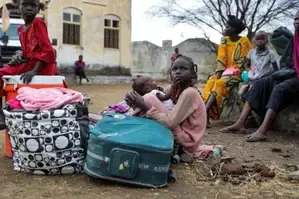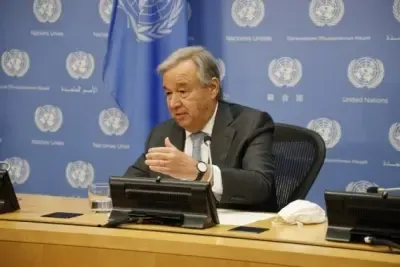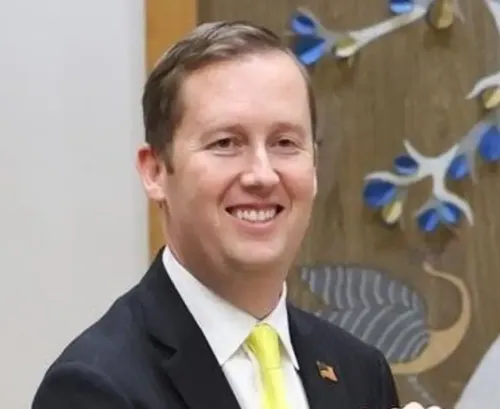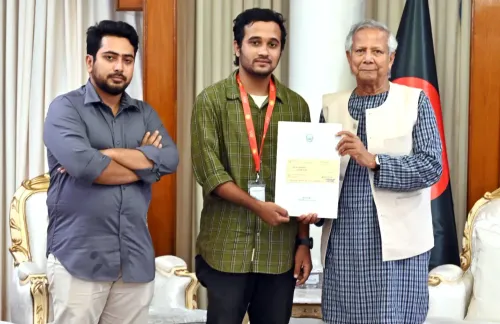IOM Intensifies Cholera Response Efforts in South Sudan

Juba, Jan 3 (NationPress) The International Organization for Migration (IOM), associated with the UN, declared on Friday that it has intensified its efforts in response to the persistent cholera outbreak in South Sudan by delivering vital aid supplies.
Muhammad Assar, head of Operations at IOM, mentioned that the critical water purification tablets, known as Aqua Tabs, are part of a synchronized initiative within the Core humanitarian pipeline aimed at halting the spread of cholera. This outbreak has worsened due to flooding, limited access to clean water, and inadequate health services.
“With the assistance of the Bureau of Humanitarian Assistance, we are diligently working to provide essential health and sanitation services to the most vulnerable groups,” Assar stated in a release from the capital city of South Sudan, Juba.
The UN agency also highlighted that it has amplified its efforts in water, sanitation, and hygiene interventions as part of the overall response, supplying clean, safe, and adequate water in critical locations, including the Renk transit center, the IDP camp, and sites in Bentiu and Malakal, where IOM plays a pivotal role in delivering water to at-risk communities.
IOM is further extending its emergency water supply initiatives to cover areas in the nearby towns of Rubkona, Bentiu, and Malakal, focusing specifically on health facilities, cholera treatment centers, oral rehydration sites, and other identified cholera hotspot locations lacking reliable water access.
Disinfection campaigns and community hygiene awareness initiatives targeting handwashing, safe water management, and cholera prevention strategies have also been activated in displacement and high-risk areas, according to reports from Xinhua news agency.
IOM has provided emergency assistance to thousands since the South Sudan Ministry of Health declared the cholera outbreak on October 28, 2024, yet the need remains significant. The organization emphasized that its response is closely coordinated with the South Sudan government through the Ministry of Health, the World Health Organization, and other humanitarian partners to ensure a cohesive and effective strategy in addressing the crisis.
The UN agency has pledged to sustain its support to the government and urged the international community to enhance assistance for South Sudan's health system and affected populations.








